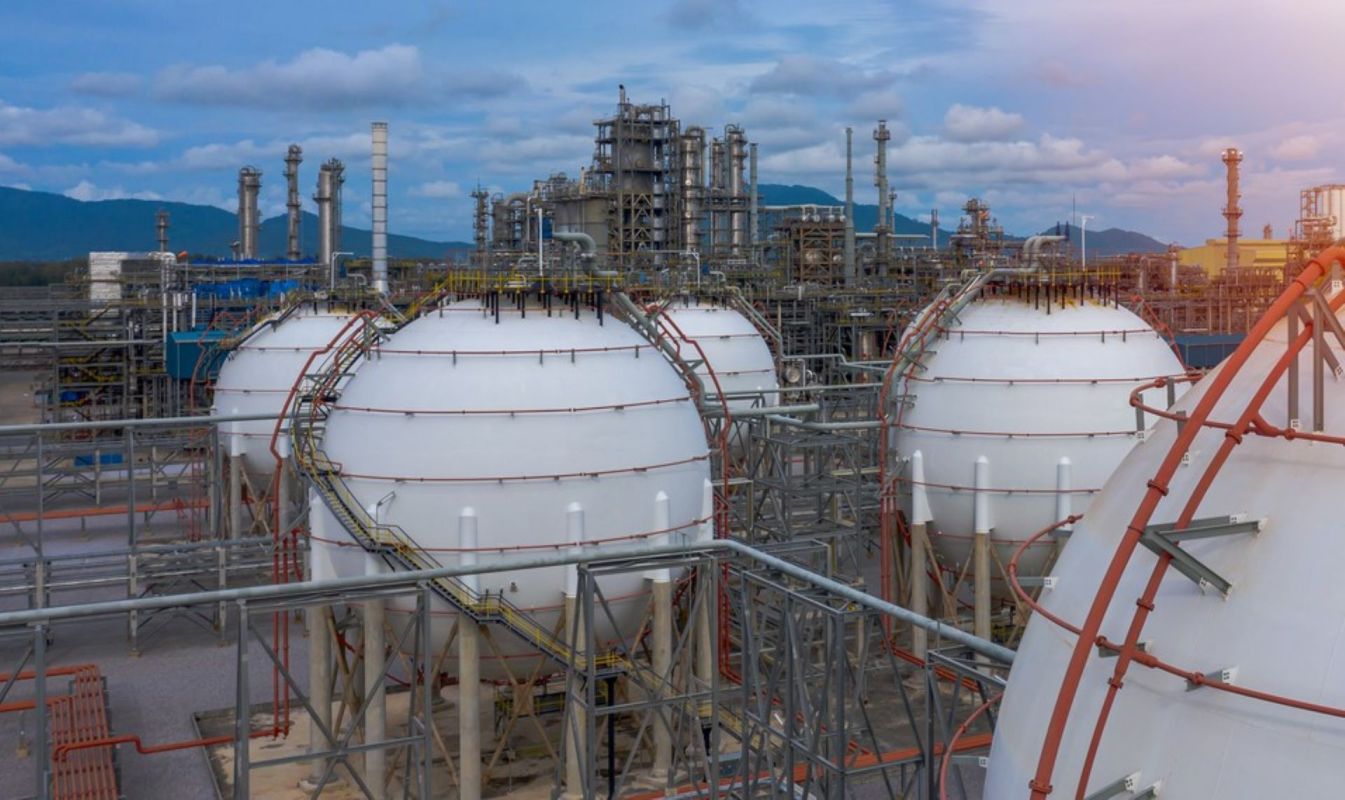Hulking storage tanks, sprawling refinery structures, and towering "flare stacks" that shoot flames into the skies now punctuate the swamps, marshlands, and coastal plains across the Gulf Coast of Louisiana and down to the southern tip of Texas.
The reason? An astonishingly fast expansion of liquified natural gas processing and exporting in the region.
The news platform Grist, alongside Gulf Coast outlet The Lens, documented these developments in a detailed article.
What's happening?
Recently, the United States became the world's largest exporter of LNG, despite not even exporting this fuel 10 years ago, Grist reported.
LNG is a form of natural gas — a petroleum product rich in methane — that can be cooled into liquid for transport and storage.
U.S. growth in this market is, in part, an economic success story but also a cause for deep environmental and social concerns.
Gulf Coast business is booming for LNG companies. Delivery of this gas for export set a record in the first half of this year. Meanwhile, LNG companies have promised hundreds of jobs to coastal communities in need.
However, as Grist reported, these companies are also "carving up thousands of acres of vulnerable shoreline to clear the way for massive plants." Seven Gulf Coast plants have opened in seven years, and two dozen more are in the works.
"It's not just that each of these facilities is like a giant death star on sinking land; it's that there's so many of them," Elizabeth Calderon, an Earthjustice lawyer, told Grist.
Why is the expansion of LNG plants concerning?
The flaring of gas at plants releases pollutants, including carbon monoxide and volatile organic compounds linked to cancer. Supercooling the gas into liquid also takes immense energy and releases carcinogens, Grist reported.
The expansion of LNG has disproportionately affected lower-income communities and those with predominantly Black residents as well.
Both the production and the product of LNG plants release gases that warm the planet. Grist noted: "Though natural gas is a less carbon-intensive fuel than oil, burning it for electricity still releases carbon dioxide, and drilling for it can also cause significant leaks of methane."
Ironically, some effects of planet-warming — such as hurricanes and flooding — can hit the Gulf hard and put coastal LNG plants at risk.
What's being done about the hazards of LNG plants?
Grist reported that environmental organizations petitioned the Environmental Protection Agency in May to claim that Louisiana and Texas regulators illegally issued permits to LNG operators. Separately, the organizations sent a civil rights complaint to the EPA in June.
That aside, experts say investments in renewable energy, rather than finite gas resources, will provide greater benefits in reducing Earth's warming, extreme weather, and health hazards.
Join our free newsletter for cool news and actionable info that makes it easy to help yourself while helping the planet.









